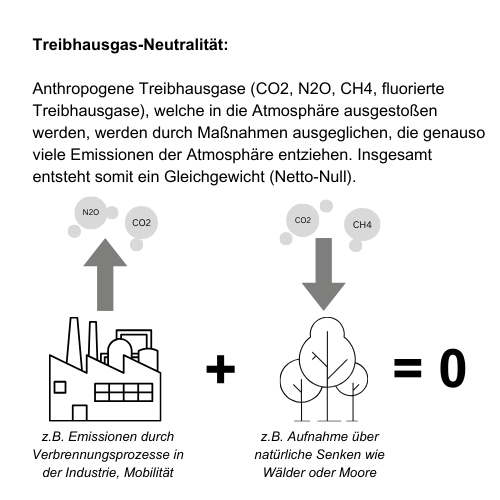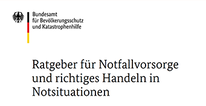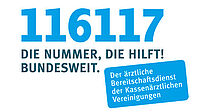Förderprojekt und Klimaschutz in Deutschland
Deutschland gehört zu den größten Emittenten weltweit und besitzt deshalb eine wichtige Rolle in der globalen Klimapolitik. Mit dem Inkrafttreten des Klimaschutzgesetzes zum 31.08.2021 hat sich die Bundesregierung für eine gesündere Zukunft ausgesprochen. Im Jahr 2045 soll Deutschland treibhausgasneutral sein. Dabei soll der Emissionsverbrauch stark vermindert werden, sodass im Zusammenhang mit natürlichen Senken (z.B. Wälder, Moore, Meer) ein Gleichgewicht zwischen Ausstoß und Abbau der Treibhausgase besteht.
Funding project and climate policy
Germany is one of the largest emitters worldwide and therefore has an important role in global climate policy. With the entry into force of the Climate Protection Act on August 31, 2021, the German government has committed itself to a healthier future. In 2045, Germany is to be greenhouse gas neutral. In doing so, the consumption of emissions is to be greatly reduced so that, in connection with natural sinks (e.g. forests, moors, sea), there is a balance between the emission and reduction of greenhouse gases.
In addition to climate neutrality in 2045, Germany plans annual reduction targets from 2031 to 2041.
Municipalities and cities are important actors in achieving this goal of greenhouse gas mitigation and a sustainable future. By strategically anchoring climate protection in public life, awareness can be raised.
The Landkreis Börde has therefore been committed to active climate protection since June 2022 by developing an integrated climate protection concept. This project is supported by funding from the National Climate Protection Initiative of the German Federal Ministry of Economics and Climate Protection (BMWK).
With the integrated climate protection concept, the district is implementing the following aspects:
- Identification of final energy consumption according to the territorial principle for municipal properties, industry, commerce/service providers, private households and the mobility sector (motor vehicles, inland waterway traffic, air traffic) to calculate greenhouse gases.
- Carrying out a potential analysis for savings as well as energy efficiency improvement and scenario development (comparison of GHG emission development with and without climate protection efforts)
- Based on the results, GHG reduction targets are defined and consolidated for the fields of action: Energy, mobility, LSM and land, procurement, water & waste, public relations, trade, commerce, DL, private households, IT infrastructure, climate change adaptation.
- Development and initial implementation of climate protection measures
The climate protection management actively involves relevant interest groups and transparently communicates the contents of the concept. The long-term goal is to integrate climate protection into the individual elements of the Landkreis Börde and make it permanent. A controlling concept is created to ensure this.
Project title: "KSI: Erstellung eines integrierten Klimaschutzkonzeptes für den Landkreis Börde für die kreiseigenen Zuständigkeiten- Erstvorhaben".
Project executing agency: Zukunft- Umwelt- Gesellschaft (ZUG) gGmbH for the BMWK
Duration: 01.06.2023 until 31.05.2024
Project manager: Dipl.-Ing. (FH) Annett Dippe
Climate protection manager: Theresa Köhler (M. Sc.)
National Climate Protection Initiative
With the National Climate Protection Initiative, the German Federal Ministry for the Environment has been initiating and funding numerous projects that contribute to reducing greenhouse gas emissions since 2008. Its programs and projects cover a broad spectrum of climate protection activities: From the development of long-term strategies to concrete assistance and investment support measures. This diversity is a guarantee for good ideas. The National Climate Initiative helps anchor climate protection at local level. It benefits consumers as well as companies, municipalities and educational institutions.




